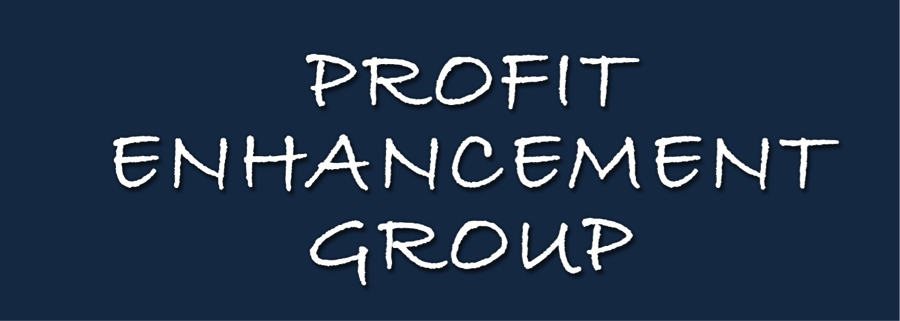REMOTE PATIENT MONITORING
For 2019, the Center for Medicare/Medicaid Service (CMS) created new avenues for Remote Patient Monitoring and connected reimbursement with a belief that more frequent review of medical data points results in less expensive claims and procedures. For 2020, CMS has broadened these avenues.
Utilizing medical devices such as blood pressure cuffs, glucometers, weight scales, pulse oximeters, etc. remote patient medical data can be transmitted to a platform monitored by the physician/staff. The platform captures the data, facilitates review, and allows for more timely management of the patient’s condition, preventing more expensive claims and procedures.
Starting with the Chronic Care Management program introduced a number of years ago, CMS has found that being more proactive regarding patient care has reduced the overall claims exposure borne by Medicare. The success of the Chronic Care Management program prompted the introduction of the Remote Patient Monitoring model.
- A patient with two or more chronic illnesses could be monitored by the physician without having to come into the doctor’s office, and the practice could seek reimbursement for these treatments.
- Any Medicare member can opt into the program and participate with the collection of medical data, resulting in better patient care.
- Reimbursements increase the fiscal health of the medical practice while lowering the overall costs to Medicare.
We would enjoy the opportunity to discuss how these changes could impact your patients and your practice.
